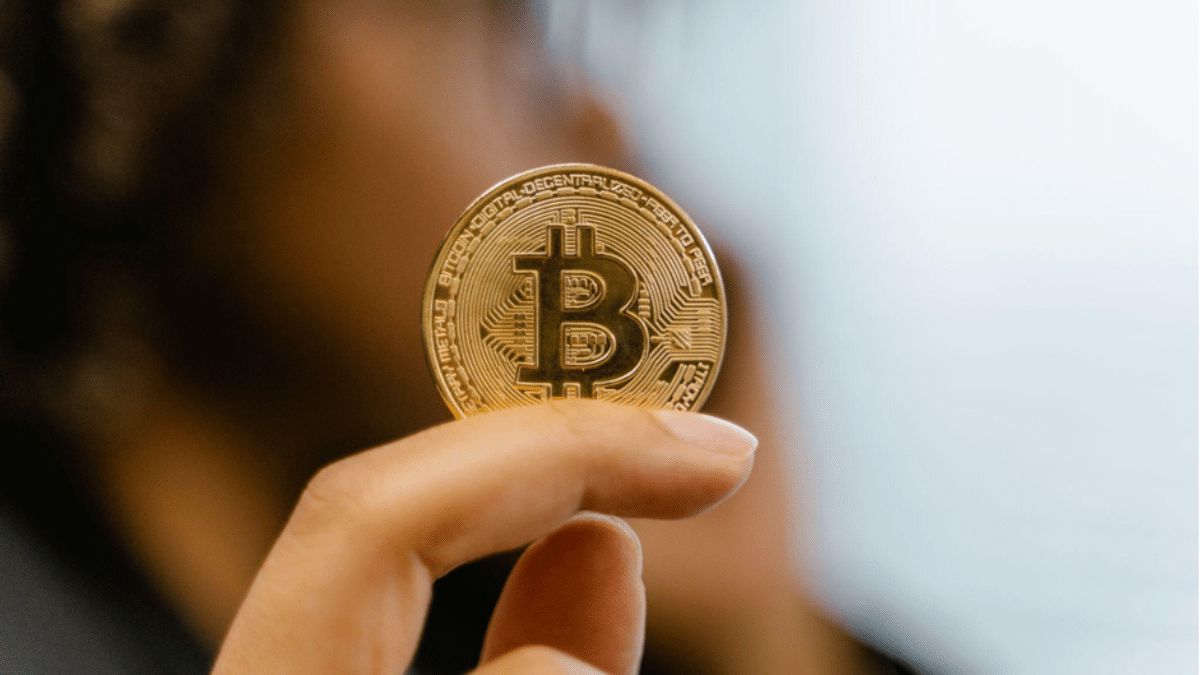Photo by Tima Miroshnichenko on Pexels.
The Securities and Exchange Commission (SEC) of the United States is intensifying its investigation into the cryptocurrency market. The SEC has recently targeted significant companies in the sector, including Gemini, run by the Winklevoss twins, and Kraken, the third-largest cryptocurrency exchange in the world, for selling unregistered securities under the direction of Chairman Gary Gensler.
Tensions between the SEC and the crypto business have reached a breaking point as the regulatory pressure grows, and some players in the industry see it as a full-fledged war.
Contents
SEC’s Targeted Offences
The SEC has been quick to act to what it sees as infractions in the cryptocurrency market. The regulatory authority has filed high-profile litigation against prominent crypto titans, focusing on offerings it believes to be unregistered securities. Notably, Genesis, a significant player in the market, was the subject of a legal investigation after the SEC claimed that their “Gemini Earn” programme was an unregistered security offering. Kraken, the world’s third-largest cryptocurrency exchange, also recently agreed to end its “staking” programme, which allowed investors to receive interest-based rewards by locking their digital assets in exchange for a $30 million settlement with the SEC.
What’s an Unregistered Security?
Unregistered securities are at the centre of the SEC’s investigation. Security is a financial product exchanged for profit and governed by laws to safeguard investors. The Howey Test, which considers four factors: a monetary investment, a common enterprise, an expectation of profits, and profits coming from the labour of others, is used by the SEC to decide whether an asset qualifies as a security.
If an asset is recognised as a security in the US, the SEC must be notified. The issuing firm can fight fraud and offer shareholder information thanks to registration. It can also make dividend payments easier. On the other hand, unregistered securities are assets that lack regulatory authorisation. Such offerings have been vulnerable to dishonest schemes frequently promoted by unqualified investment advisers, promising large returns with little risk. Unregistered securities are often only available to accredited investors with greater net worth or income, excluding most regular investors.
Analysts at 7Bitcoins brought attention to the concern of the cryptocurrency sector as to whether assets should be registered and even be regarded as securities. The classification discussion is centred on how the market changes due to novel techniques like staking and initial coin offers (ICOs).
Some crypto experts believe that as digital assets are more related to commodities like gold than securities, they should not be recognised as such because they do not satisfy all four criteria of the Howey Test. The distinction between securities and commodities becomes more hazy as the SEC targets businesses that give clients returns through staking or loan programmes, leading to conflict between authorities and the cryptocurrency industry.
The Debate: Commodity or Security
There has long been disagreement about whether cryptocurrencies should be categorised as securities or commodities. SEC Chairman Gary Gensler believes that most cryptocurrencies match the legal definition of securities and should be registered as such, even though the Commodities and Futures Trade Commission (CFTC) normally regulates cryptocurrencies as commodities. This categorisation has been made more difficult by the advent of staking and initial coin offerings (ICOs), which are investment contracts. Concerns about excessive regulation limiting innovation and driving consumers to unregulated platforms develop as major figures in the cryptocurrency business contest the SEC’s position.
Leaders in the cryptocurrency sector, including Paul Grewal, the chief legal officer of Coinbase, have rejected the idea that staking should be categorised as a security. They contend that all four parts of the Howey Test—not just the fourth, which deals with wealth creation through other people’s efforts—are not satisfied by staking.
Industry leaders like Anthony Scaramucci and Brian Armstrong have criticised the SEC’s measures against Kraken’s “staking” programme as an assault on economic liberty. The industry’s reaction to regulatory measures has been divisive, with some calling for more precise rules to make it easier to comply with the law.
The Uncertain Way Forward
As the SEC and cryptocurrency companies wait for the results of current legal battles to establish precedent, the future of the cryptocurrency industry remains uncertain. Crypto companies might have to register their products and assets as securities if the courts find in the SEC’s favour. However, because authorities have not provided clear direction, many players feel uneasy and in legal limbo.
Crypto enthusiasts who want more clarity to design compliant and innovative products while safeguarding consumers’ interests have criticised this “regulation by enforcement” approach. The cryptocurrency sector is at a pivotal point amid these uncertainties, where the outcome of legal disputes could substantially impact its course.
A heated discussion on whether to classify cryptocurrencies as commodities or securities has arisen due to the escalating dispute between the SEC and the cryptocurrency industry over unregistered securities. Major players like Gemini and Kraken have been sued due to increasing regulatory pressure, escalating market tensions. The future is still unclear, and ongoing legal battles could establish important precedents. Balancing effective regulation and encouraging innovation is crucial in this quickly changing environment. Regions must provide clearer direction to encourage compliance, safeguard investors, and ensure that genuine crypto services continue to flourish within a favourable regulatory environment.

